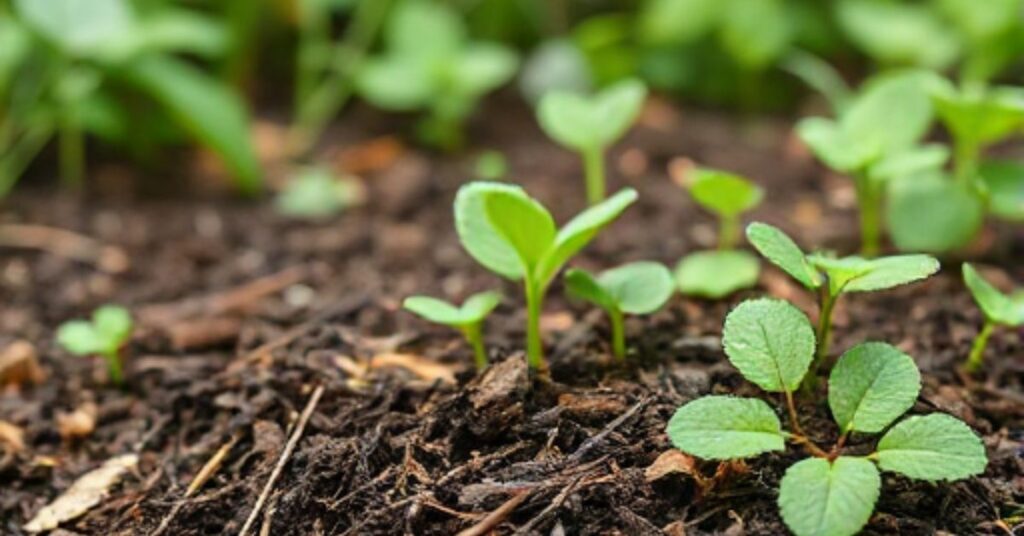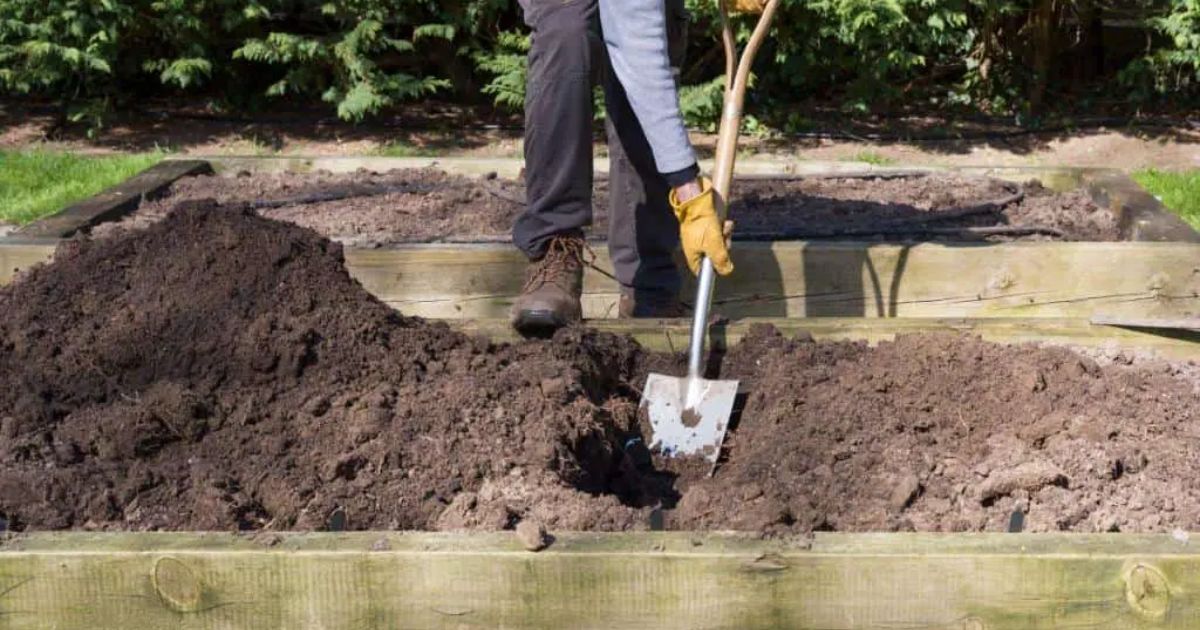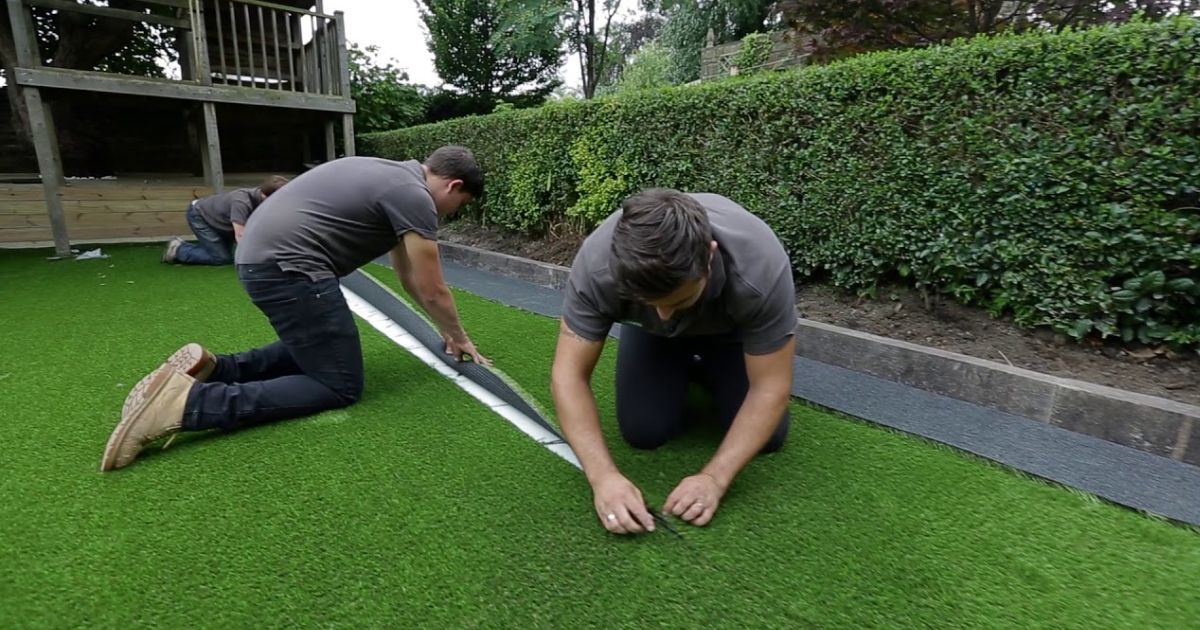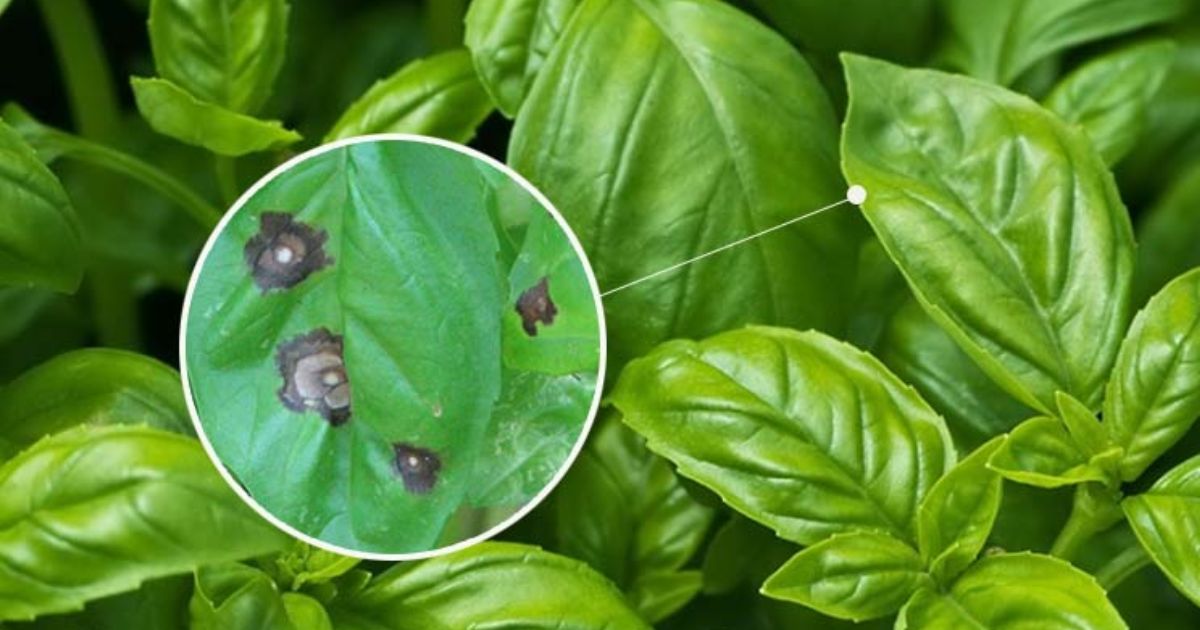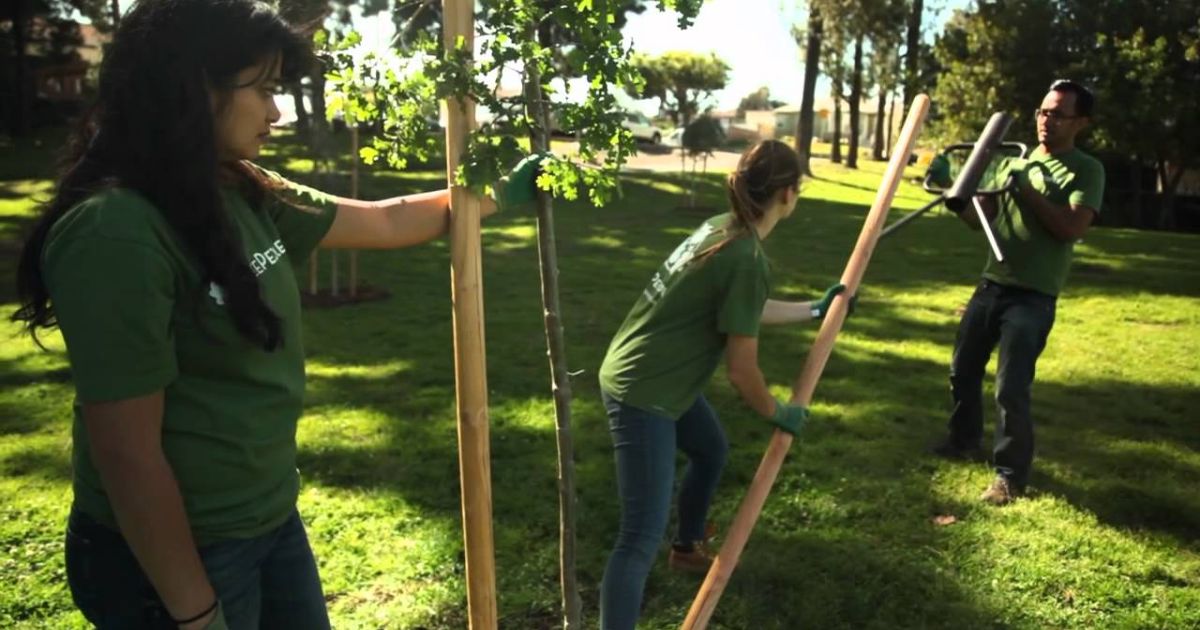Organic mulches are natural materials used to cover the soil surface in gardens and landscapes. They provide a range of benefits that support plant health and soil quality. As they decompose, these mulches enrich the soil with essential nutrients, improving its structure and fertility. Organic mulching also helps conserve soil moisture, regulate temperature, suppress weeds, and prevent erosion, creating an ideal environment for plant growth.There are various types of organic mulches, each with unique characteristics suited to different gardening needs. Standard options include dry leaves, grass clippings, straw, compost, wood chips, bark, and pine needles. These materials enhance the aesthetic appeal of your garden and promote sustainability by recycling natural resources. For instance, grass clippings nourish nitrogen, while wood chips and bark offer long-lasting coverage for shrubs and perennials.
In addition to their practical benefits, organic mulching contribute to soil health by encouraging the activity of beneficial microorganisms and earthworms, which further enrich the soil. Choosing the right type of mulch depends on your garden’s specific requirements, plant types, and aesthetic preferences.This article explores the various organic mulch at home depot and their benefits, helping you make informed decisions to create a thriving, sustainable garden while supporting the environment.
What is Mulching and Its Types?
Mulching covers the soil with a protective layer to enhance soil health, conserve moisture, suppress weeds, and prevent erosion. It is a practical and aesthetic addition to gardens and landscapes, Best Fertilize Tomatoes best organic mulch offering numerous benefits for plants and soil.
Types of Mulching

Organic Mulches
These are made from natural, biodegradable materials that enrich the soil as they decompose. Common examples include:
- Leaves: Retain moisture and add nutrients to the soil.
- Grass Clippings: Improve soil structure and fertility.
- Compost: Nutrient-rich, ideal for vegetable gardens.
- Wood Chips or Bark: Long-lasting and visually appealing for landscaping.
- Straw: Great for vegetable gardens and reduces soil erosion.
Inorganic Mulches
These materials do not decompose and are primarily used for long-term weed suppression and moisture retention. Examples include:
- Plastic Sheeting: Prevents weed growth but may hinder soil aeration.
- Landscape Fabric: Durable and practical for weed What Are Basil Black Spots control.
- Rock or Gravel: Adds a decorative touch while conserving soil moisture.
Choosing the right type of mulch depends on your garden’s specific needs and aesthetic preferences.
Benefits of Organic Mulching

Organic mulching offers numerous advantages, including healthier plants and improved soil conditions. Made from natural materials like straw, leaves, grass clippings, or compost, organic mulch promotes a healthy plant habitat by enriching the soil as it decomposes.The capacity of organic mulch to hold onto soil moisture is one of its main advantages. Plants will always have access to water if evaporation is reduced, particularly in hot or dry weather. Additionally, by reducing the need for frequent watering, this moisture retention saves time and money.
Because it hides sunlight, organic mulch offers a natural defense against weeds. and inhibiting their growth. It also protects the soil from erosion, preventing topsoil loss during heavy rains or wind. Furthermore, as the organic materials decompose, they enhance soil fertility by adding valuable nutrients, Best Strawberry Types improving the soil’s texture and structure over time.Another key advantage is temperature regulation. Organic mulch insulates the soil, keeping it cooler in the summer and warmer in the winter, creating a stable environment for plant roots. Additionally, it reduces soil splash during rainfall, which helps prevent soil-borne diseases from spreading to plants.Overall, organic straw mulch near me is an eco-friendly and cost-effective way to nurture plants while maintaining a healthy garden ecosystem.
Types of Organic Mulching
Organic mulching involves using natural substances that enrich the soil and support plant health as they break down over time. Several organic mulches are commonly used in gardens and landscapes, each offering unique benefits.Dry leaves are a readily available mulch option. They can be spread over garden beds to conserve moisture and add nutrients as they break down. However, whole leaves may blow away, so shredding them first is recommended. Grass clippings are another excellent choice, providing nitrogen to the soil as they decompose. It’s essential to spread them thinly to avoid matting, which can lead to unpleasant odors and hinder air circulation.
Straw and seedless hay are popular for vegetable gardens, particularly for crops like strawberries, as they keep fruits off the soil and prevent rotting. While straw is affordable and effective, it may contain weed seeds and can look untidy. Compost, rich in nutrients, is an excellent mulch for improving soil fertility and structure. . It is aesthetically pleasing since it closely mimics soil, but it might be difficult to get enough for large areas.For trees, shrubs, How Banana Flowers and perennial plants, wood chips and bark shreds are long-lasting. They have long-term advantages due to their slow decomposition, however mold growth is possible. For plants that prefer acid, pine needles are a great alternative. Although it can take some time to gather enough, they effectively insulate the soil.Each type of organic mulch for trees has pros and cons, but all contribute to soil health, moisture retention, and weed control, making them valuable additions to any garden.
The Drawbacks of Inorganic and Organic Mulch
Both inorganic and organic mulches have advantages and disadvantages. Here’s a detailed look at each type’s drawbacks to help you make informed decisions for your garden or landscaping project.
Disadvantages of Inorganic Mulch

Rock Mulch
- Heat Retention: Rocks absorb and reflect heat, creating a hot and dry environment many plants cannot tolerate.
- Lack of Nutrients: Rocks do not decompose, Soil Solarization so they do not enrich the soil.
- Weed Growth: A thin layer of rock mulch allows weeds to grow through, and removing them becomes a challenge.
- Application Challenges: Rocks are heavy and physically demanding to apply.
Plastic Sheeting
- Soil Suffocation: Plastic prevents air, water, and nutrients from reaching the soil, suffocating plants and soil microorganisms.
- Environmental Concerns: It doesn’t decompose and can harm the surrounding ecosystem if not properly managed.
Landscape Fabric
- Root Entanglement: Over time, roots from shrubs and trees can grow into the fabric, good mulch for garden making removal difficult.
- Durability Issues: Low-quality fabrics tear easily and degrade quickly, while high-quality ones are expensive.
Rubber Mulch
- Chemical Risks: There’s a possibility of chemicals leaching into the soil.
- Non-Biodegradable: Rubber does not decompose, so it does not improve soil quality.
- Fire Hazard: Rubber mulch is highly flammable.
Cost
- Inorganic mulches generally have a higher upfront cost than organic options, though they require less frequent replacement.
Disadvantages of Organic Mulch
Leaves
- Messy Appearance: Whole leaves can blow away or become slimy and unattractive when wet.
- Limited Supply: Gathering enough leaves to mulch large areas can be tricky unless you have many deciduous trees.
Straw
- Aesthetic Drawbacks: Straw can look untidy in landscapes and gardens.
- Weed Seeds: Straw may contain weed seeds, introducing unwanted plants into your garden.
- Slippery When Wet: Walking on a wet straw can be hazardous.
Grass Clippings
- Heat Retention: Thick layers of grass clippings can overheat the soil and potentially cause fires.
- Lightweight: Thin layers may blow away and fail to suppress weeds effectively.
- Messy Look: Dry clippings can appear untidy.
Compost
- Quantity Issues: Producing or purchasing enough compost to mulch large areas can be challenging.
- Weed Growth: Since compost is nutrient-rich, it can encourage weed growth if not applied correctly.
- Wood Chips and Bark Chips
- Mold Growth: Slime mold can grow on bark and wood chips, creating an unpleasant appearance.
- Slow Decomposition: Wood chips take time to break down and enrich the soil.
- Maintenance: Mulch layers need to be replenished every few years.
Pine Needles
- Slow Coverage: Collecting enough pine needles to mulch large areas is time-consuming.
- Soil Acidification: Over time, pine needles can make the soil more acidic, which may not suit all plants.
- Uncomfortable Texture: Pine needles are sharp and unpleasant to walk on, requiring gloves for handling.
Key Differences
- Cost: Organic mulches are more affordable upfront but require frequent top-ups. Inorganic mulches are costlier initially but last longer.
- Maintenance: Organic mulches need regular replenishment as they decompose, whereas inorganic mulches are more permanent but may require occasional reapplication to maintain their appearance.
- Environmental Impact: Organic mulches improve soil quality, while inorganic options like plastic and rubber can harm the environment.
By understanding the drawbacks of each type, you can choose the mulch that best suits your garden’s needs and personal preferences.
Conclusion
Organic mulching is an effective and eco-friendly gardening practice that provides numerous benefits for plants and the soil. By selecting the correct type of organic mulch, gardeners can enhance soil fertility, improve moisture retention, and reduce weed growth, all while promoting a healthier garden ecosystem. Whether using grass clippings, compost, bark, or straw, each type of organic mulch has unique advantages suited to different gardening needs.
As organic mulches break down over time, they continuously enrich the soil with valuable nutrients, supporting plant growth and resilience. Additionally, they help protect the soil from erosion and moderate temperature fluctuations and improve the overall health of the root zone. organic garden straw This makes organic mulching a sustainable practice and a cost-effective solution for maintaining a thriving garden or landscape.While there are some challenges, such as the need for periodic replenishment and the potential for certain types to attract pests, the overall advantages of organic mulching far outweigh these drawbacks. By incorporating organic mulching into your gardening routine, you contribute to both the long-term health of your plants and the environment. With careful selection and proper application, organic mulching can be invaluable for creating a lush, sustainable, and low-maintenance garden.
FAQ
What is organic mulching?
Organic mulching uses natural materials to protect the soil, conserve moisture, and promote plant health.
What are the benefits of organic mulching?
It improves soil fertility, prevents weed growth, conserves moisture, and regulates soil temperature.
Can organic mulches prevent weeds?
Yes, organic mulches suppress weed growth by blocking sunlight and creating a barrier.
How often should I replace organic mulch?
Depending on the material and environmental conditions, organic mulch needs replenishing every 1–3 years.
Is organic mulch good for vegetable gardens?
Yes, it enhances soil quality, retains moisture, and prevents soil erosion, making it perfect for vegetable gardens.
Can I use leaves as mulch?
Dry leaves are an excellent mulch option, but they should be chopped to prevent windblown mess.
Does organic mulch attract pests?
Some organic mulches, like straw, can attract pests, It can be controlled with the right upkeep and use.

